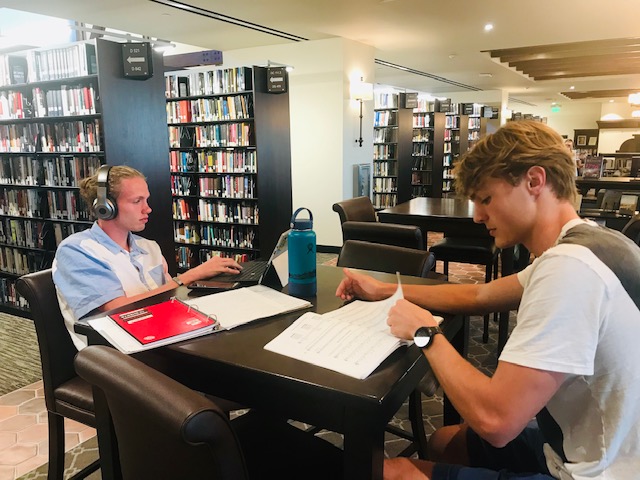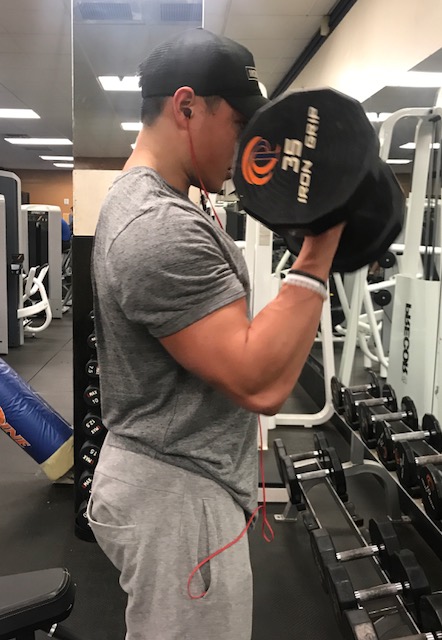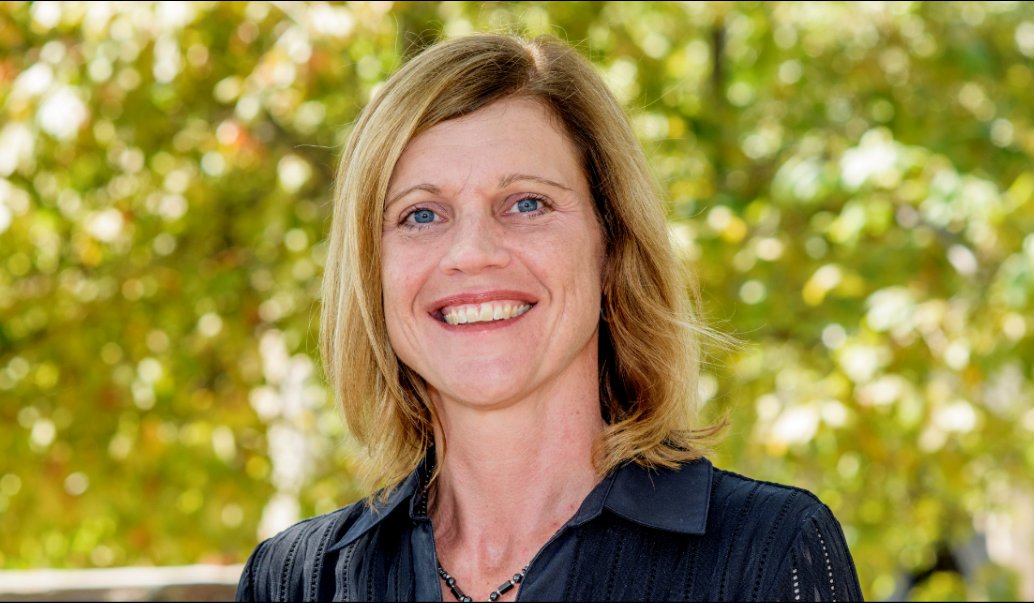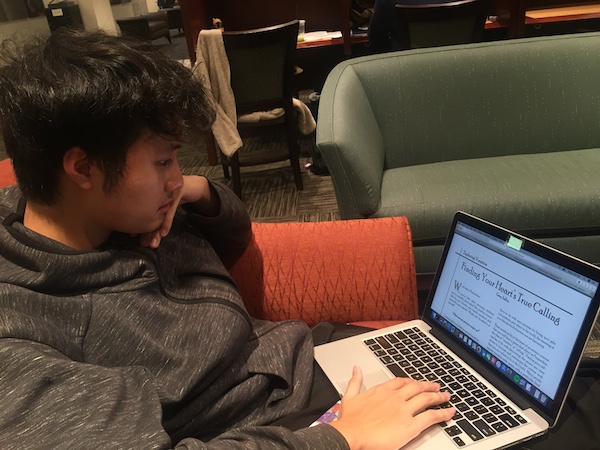
Students are not ignoring their life callings but may be closed off to the idea of writing about them.
Since 2002, Pepperdine has required incoming freshmen to write a response essay to an article about finding one’s vocation. The majority of students believe the assignment is not worthwhile but the subject of vocation stays on their radar thanks to Pepperdine’s ethos.
“I feel like it’s a little bit pointless at the time,” said Cade Doggett, a freshman film studies major. “Because it’s the first two days of school and you’re already writing an essay about what you want to do. But I think it’s beneficial in the long run.”
Experts said the purpose of the assignment is to introduce students to Pepperdine’s values and to create a campus-wide conversation. However, students suggest engaging alternate options to writing an essay.
Student opinions
A Pepp Post Poll of 51 students found that about 15 percent of students believed the assignment was beneficial.
Of 10 interviews, seven students said either the essay was not beneficial or it could be, but had unrealized potential.
Freshman biology major Tristan Furlong said he thinks he will never refer back to the essay he wrote but sees potential for the assignment’s effectiveness.
“I think it could help because it could center you more on what you want to do,” Furlong said. “But I feel like people don’t really take it seriously.”
Senior physics major Uni Kim began as an engineering major but realized she wanted to change directions. She said the essay was helpful for her to think back at what she thought she wanted to do.
“I am on a different path now,” Kim said. “It’s good to have something that forces you to think about what you want to do.”
The poll found that less than half of all students refer back to the essay they wrote, but more than half of sophomores, juniors and seniors believe their vocation has changed.
Student interviews showed that, regardless of their feelings toward the assignment, students believe that vocation is essential to keep in mind.
“You’re trying to figure out where it is and allow God to lead you,” sophomore biology major Sarah Head said. “It creeps into my mind every so often.”
Furthermore, Pepperdine’s culture pushes students to find their vocations. Chelsea Amalfitano, a junior rhetoric and leadership major, said the range of on-campus opportunities lends itself to finding one’s calling.
“Convo, the career center, and the different groups on campus like the recruiters that come” are helpful, Amalfitano said. “I think they try help you find not only your career but also your spiritual calling.”
Why the assignment is required
Don Thompson, a Great Books and mathematics professor, said the purpose of assigning the essay to incoming students is to see what students think about their calling before being exposed to Pepperdine and to get them to think about it from early on.
“It gives students a chance to think about their life as it’s unfolding,” Thompson said.
Gary Selby, former director for the Center for Faith and Learning, said he wrote the article knowing that students tend to think about vocation as their major or career path.
“We really wanted them to think about Pepperdine’s broader vision,” said Selby, who now teaches ministerial formation at Milligan College. “To help students create a life.”
Selby said his article aims to help students understand vocation as a developing, yet crucial concept.
In 2002, the Lilly Endowment fund gave Pepperdine $2 million to improve the university’s focus on vocation, which is where the idea for the vocation essay came from.
Thompson and Psychology Professor Cindy Miller-Perrin, grant writers for the fund and research partners, send students an in-depth questionnaire about vocation every spring.
Although the results show how students define vocation, the questionnaire does not ask upperclassmen to reflect on the essay and does not measure its impact
However, Thompson and Miller-Perrin’s research reveals that students become more sure of their vocation in their upperclassmen years.
“We have seen many themes that show us students actively think about vocation more as they get older,” Miller-Perrin said.
The researchers have followed up with alumni and see this trend continue.
Decline in interest for the program
The vocation essay aspect has fizzled out since the program began in 2002.
Thompson said when the program began, every first-year seminar professor spent extensive time with each student reviewing the essay.
“That got more loose and more fragmented over time,” Thompson said. “By the time you’re a student, let’s say, in 2010 or 2011 or 2012, the grant’s gone and the main people that are in charge of that grant are no longer at the institution.”
Yet, the essay is still a requirement. The incoming freshman class this year wrote the essay and there are no signs of cancelling the assignment anytime soon.
Both faculty and students said there is a disconnect between the assignment and its purpose.
Shea McCollum, a junior creative writing major, said she was confused about why there is no follow-up.
“Since we write it freshman year, and we are never asked to return to it, it loses its impact after freshman year,” McCollum said.
Thompson said the disconnect is due to the time since the program began.
“It was just what happens typically with a program that starts out like gangbusters,” Thompson said. “After a few years, the leadership has changed and there’s not nearly the enthusiasm or coordination that there should be.”
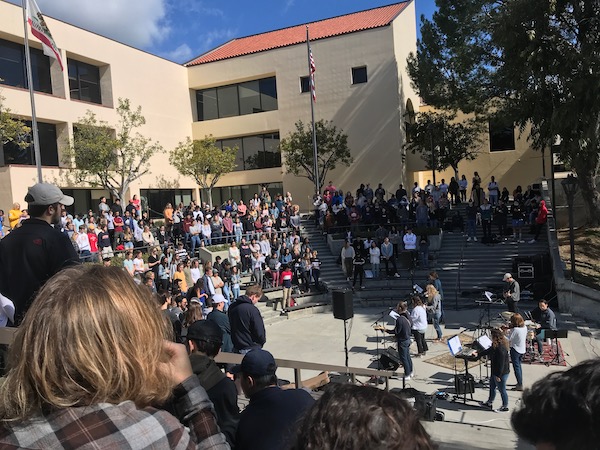
Improvements to the assignment
Students and faculty suggested various ways to make the assignment more impactful.
Junior psychology major Madison DeBruin said she recognizes the aim of the assignment but it has not been meaningful in her life.
“I think it would be better to have a discussion like a club convo but writing an essay is not helpful at all,” DeBruin said.
The Convocation Series hosts a range of programs, including Wednesday Chapel and Celebration Chapel. Students are required to attend 14 programs each semester.
Amalfitano suggested the assignment should be directed to classes that emphasize spirituality or faith rather than broad freshman seminars.
“My freshman seminar had nothing to do with our vocation,” Amalfitano said. “Maybe the assignment should be directed to the classes that do.”
Thompson suggested getting professors all on the same page.
“For example, we could have all the first-year seminar teachers meet and agree and say, ‘Here’s what we’re going to do with the essay’ and ‘Here’s how we’re going to follow-up with it,’” Thompson said.
Vernie Covarrubias completed the reporting for this story under the supervision of Dr. Christina Littlefield and Dr. Theresa de los Santos in Jour 241 in Spring 2019. Dr. Littlefield supervised the web story. Dr. de los Santos supervised the video package.

